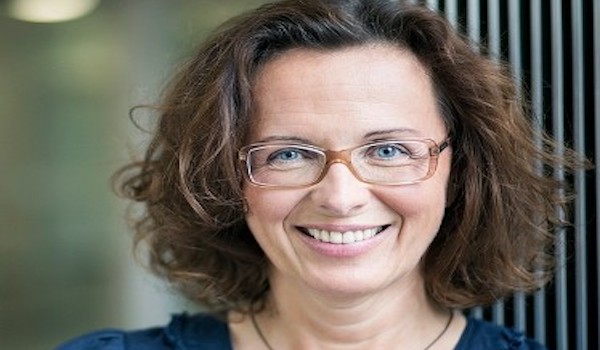News
Nigeria records 12,000 new cases of VVF yearly –UNFPA

The United Nations (UN) Population Fund (UNFPA) says Nigeria records 12,000 new cases of Vesicovaginal Fistula (VVF) yearly.
The Country Representative of UNFPA, Mrs. Ulla Muller, who disclosed this to journalists on Thursday in Abuja, said Nigeria was one of the countries with the highest number of VVF cases globally.
She said: “Nigeria has about 148,000 cases of fistula, with about 12,000 new cases every year.”
VVF is an abnormal fistulous tract extending between the bladder (vesica) and the vagina that leads to continuous involuntary discharge of urine into the vaginal vault.
According to her, UNFPA has large imprint in Nigeria through preventive and curative interventions such as family planning, community engagement and training of healthcare workers.
She said these were vital to preventing and reducing fistula, which had destroyed the lives of many young women and caused many families untold hardships.
Muller, who described Nigerian fistula surgeons as one of the best in the world, said it was advisable for women living with the condition to avoid getting pregnant for at least 12 months.
READ ALSO: PDP spokesman in Imo resigns, silent on next political move
She stressed the UNFPA’s commitment to creating awareness on the disease through the use of local and social media platforms targeting young women.
The UNFPA representative advised young women with the condition to seek immediate medical help and not feel ashamed for fear of stigmatization.
Join the conversation
Support Ripples Nigeria, hold up solutions journalism
Balanced, fearless journalism driven by data comes at huge financial costs.
As a media platform, we hold leadership accountable and will not trade the right to press freedom and free speech for a piece of cake.
If you like what we do, and are ready to uphold solutions journalism, kindly donate to the Ripples Nigeria cause.
Your support would help to ensure that citizens and institutions continue to have free access to credible and reliable information for societal development.
























